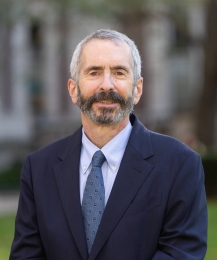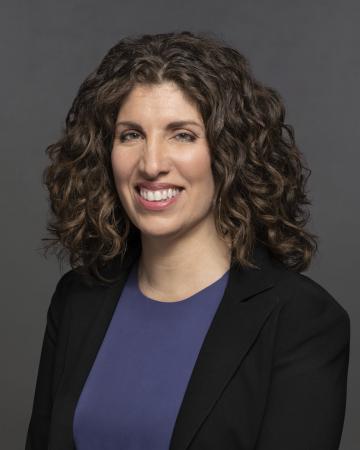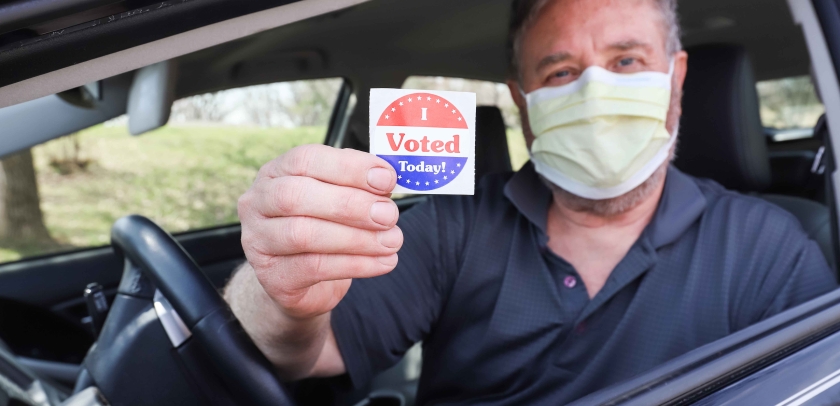Overcoming a ‘Once-in-a-Generation Crisis’ to Hold Fair Elections
Ensuring everyone can vote, and have their ballot counted, will require county-level work and an infusion of federal funds, Columbia Law voting rights experts said in a discussion hosted by the Center for Constitutional Governance.
The COVID-19 pandemic is a “once-in-a-generation crisis” that has changed the landscape for the November general election and will require an infusion of $4 billion in federal funds to overcome, voting rights experts said at an online panel discussion held on July 21 and sponsored by Columbia Law’s Center for Constitutional Governance.
Richard Briffault, Joseph P. Chamberlain Professor of Legislation and an expert on campaign finance, gerrymandering, and elections, and Myrna Pérez ’03, director of voting rights and elections at the Brennan Center for Justice, discussed how the pandemic and Republican-led opposition to voting by mail will affect the 2020 elections.
“We are going to have to overcome a lot of challenges if we are going to make sure that no voter is left behind,” Pérez said.
The event, viewed by more than 100 members of the Columbia Law community, including students and alumni, was moderated by Gillian Metzger, Harlan Fiske Stone Professor of Constitutional Law and co-director of the Center for Constitutional Governance.
Pérez outlined areas where the Brennan Center is working to remove barriers to voter participation by expanding early voting and voting by mail; ensuring a sufficient number of socially distanced polling locations for in-person voting; boosting voter registration that has lagged because the pandemic closed government offices and ended in-person registration drives; and educating voters who are coping with the disruption of the pandemic and therefore may not be aware of changes to election procedures. Voters are also vulnerable to deliberate disinformation from “foreign cybercriminals trying to mislead voters,” Pérez said.
Most state-level controversies about voting in 2020, and resulting litigation, is focused “on the administrative side,” Briffault said, such as when mail-in ballots must be postmarked, when counting of mail-in ballots should begin, and whether registered voters must request an absentee ballot or receive one automatically. “It sounds boring, but it’s where all the action is.”
Those “nuts and bolts” are governed by state law, and state laws differ, Briffault said. Some election functions, such as location of polling places and poll worker training, are even made on the local level.
One result of increased voting by mail is that election results aren’t likely to be known until well after Election Day, the panelists said. “I do not think we are going to know on election night who won, and I almost hope that we don’t,” because it takes time to make sure that all mail-in ballots have arrived and are properly counted, Pérez said. But voters accustomed to election night race calls may think a delayed result is an invalid one. “The challenge,” Briffault says, “is to counsel voters to be patient.”
How Law Students Can Help Ensure Fair Elections
“Do what you can so we can have a more successful 2020 election,” Metzger said. The panelists urged students to:
- Lobby Congress to include $4 billion in election assistance funds in the next stimulus package to help states with vote-by-mail and other increased election administration costs due to COVID-19.
- Sign up to be a poll worker for the November 3 election. “I have not spoken to a single jurisdiction in the country that does not want people like you all to be poll workers,” Pérez said. “They will need you.”
- Pursue an internship at a voting rights organization such as the Brennan Center for Justice. “I’m always looking for interns,” Pérez said.
Watch the full event.


